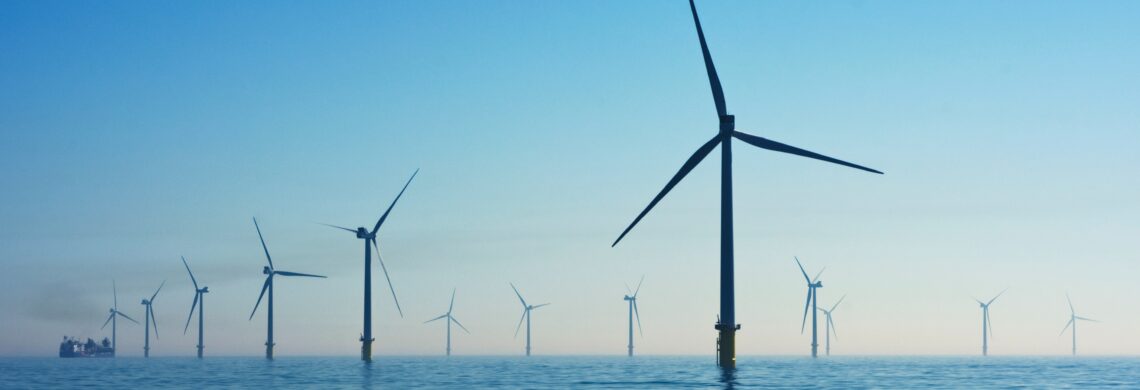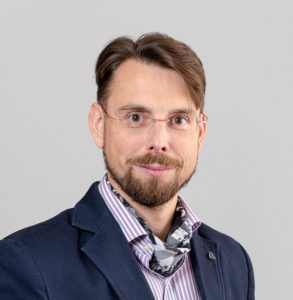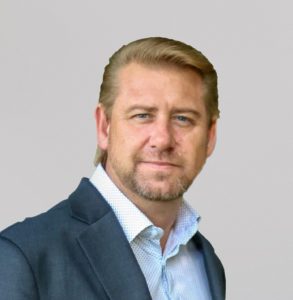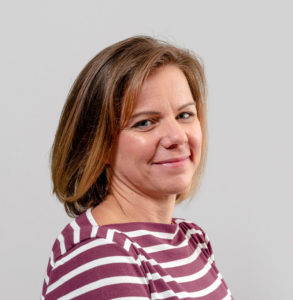(Re)insurers, support your customers in their energy transition!
(Re)insurers, support your customers in their energy transition!
July 19, 2022

FERMA, the Federation of European Risk-Management Associations, is calling on (re)insurers to do more to support their corporate customers in their energy transition. This is necessary because we all have to become carbon neutral. As Riskonet, we echo this call because we couldn’t agree more.
It is, in fact, a message that we have already brought to the industry’s attention several times. During the NARIM Conference in 2021, for example, Marjan Minnesma, director of the Urgenda Foundation, called on the insurance industry to help shape a sustainable society and to stop creating barriers that hinder it with irrational policy conditions and complex legal clauses. Minnesma was at the NARIM conference at Riskonet’s invitation. More recently, during NARIM 2022, together with Marsh we followed up on Minnesma's earlier presentation. Among others, a lawyer from Urgenda, a specialist from Wageningen University and a colleague of De Ruijter participated in a discussion with insurers and policyholders about this subject. Unfortunately, at Riskonet we see on a regular basis that, in practice, (re)insurers are still throwing up obstacles to the insurance of the kind of technical solutions that will contribute to the energy transition of clients.
White paper “Insuring the transition”
Ahead of the FERMA Forum due to take place in Copenhagen from 9 to 11 October, the organisation has published a white paper entitled “Insuring the transition”. Alongside members of the FERMA sustainability committee, Ron de Bruijn of Riskonet was also a knowledge contributor to this white paper, which calls on the (re)insurance sector – as well as other stakeholders – to urgently address a number of insurance-related issues. “The Corporate Sustainability Reporting guideline will come into effect for financial reporting periods from 1 January, 2024,” says FERMA President Dirk Wegener. “Companies will then feel the pressure to show how they are progressing towards carbon neutrality. However, a lack of sufficient risk transfer will delay investments in innovative technologies, because the companies will be forced to assume more risk themselves.”
There are three ways in which companies are experiencing obstacles to the right insurance coverage for their transition activities.
- Limited or non-existent coverage due to past activities, such as historic ties to coalmining or other forms of mining. This is making it more difficult for these companies to continue their energy transition.
- A lack of obtainable coverage for specific technologies or materials. You can think here along the lines of (offshore) solar panels, (offshore) wind farms, hydrogen fuel or its storage, new-build technologies, and the solutions or materials that will support the transition from fossil fuels.
- The exclusion of specific risks. Insurers can exclude material damage and personal injury if there is a direct or indirect link with coal-fired power stations or mining activities. Or if battery packs are stored or used in sprinkler pumps, for example.
“Unfortunately, at Riskonet we are also seeing that insurers and reinsurers are slowing down and unnecessarily complicating the much-needed energy transition that our clients want to make. For this reason, it is imperative that FERMA addresses this situation and works with their insurance suppliers to resolve it.”
Ron de Bruijn, Managing partner Riskonet
Conclusion
The conclusion of the white paper is that businesses should not be “punished” by insurers for embracing the green transition. As part of the insurance sector, we are calling on insurers to move away from an approach in which there is an overly stringent adherence to outdated underwriting guidelines. Instead, the business customers of insurers should be given a holistic understanding of the risks that they are exposed to and their associated needs. This, in turn, will give insurers and technical employees more flexibility to do business beyond rigid guidelines.
Not a panacea
FERMA CEO, Typhaine Beaupérin, insists that captives can constitute a valuable part of transition risk-management, but they should not be seen as a panacea. “Given that we want to work with insurers and reinsurers, the theme of October’s FERMA Forum is transition.”
Insurance in transition is therefore more than just a white paper, she adds, it will also be a keynote session during the FERMA Forum.
Much-needed energy transition
For his part, Ron de Bruijn of Riskonet was pleased to be a knowledge contributor to this white paper. “But it was really a team effort,” he insists, “one in which I also fell back on the knowledge and experience of my international Riskonet colleagues. Unfortunately, at Riskonet we are also seeing that insurers and reinsurers are slowing down and unnecessarily complicating the much-needed energy transition that our clients want to make. For this reason, it is imperative that FERMA addresses this situation and works with their insurance suppliers to resolve it. In the meantime, we will continue to communicate this message. We are already seeing the effects of climate change and they will only get worse. The need to be energy neutral is a very real one.”
You can download the white paper here.





